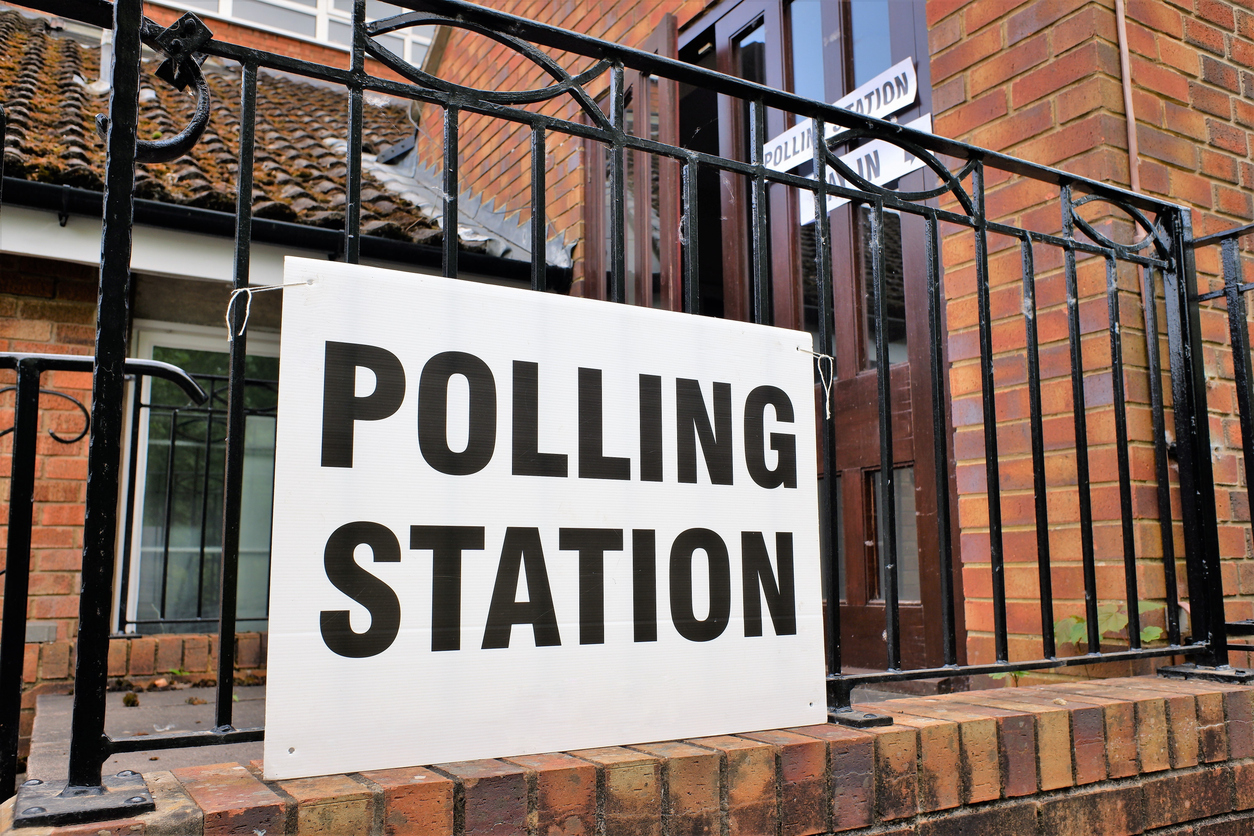It is anybody's guess who the UK's next Prime Minister will be - despite what the polls may confidently assert.
But could the forthcoming general election shake things up once more for the UK R&D and Patent Box tax incentives space?
MMP assesses the implications for innovation from the promises and pledges put forward by each of the major political parties.

First off, the Conservatives. Being the incumbent governing party, the Conservatives have overseen the recent introduction of several major amendments to R&D tax incentives legislation. It is perhaps unsurprising then that they are not indicating any further changes.
A previous promise to increase public annual spending on R&D from £20 billion to £22 billion by 2026-27 is being retained. The party has also committed to maintaining income tax, National Insurance and VAT rates.
Labour has similarly pledged to bring no further changes to R&D tax incentives legislation. That being said, they do intend to continue HMRC's pursuit of those who misuse the scheme. They have also said that they will be proposing a sector-by-sector evaluation of the scheme, starting with life sciences. There is the potential for more targeted reliefs for some sectors as a result of this analysis.
The current opposition has not provided specific figures on R&D spending targets but will announce 10-year budgets for key as-yet unnamed institutions. Its support of UK-based innovation extends to a promise to also retain the Patent Box tax incentive.
The party has likewise confirmed no increases to the basic, higher or additional rates of the three main taxes and is pledging to a solitary major fiscal announcement a year which differs from the current approach which sees a fiscal announcement twice a year, one in the autumn and another in the spring.
For the Liberal Democrats, a boost in R&D investment to 3% of GDP by 2030 and to 3.5% by 2034 is promised. Figures published by the ONS in September 2023 state total spending on R&D in 2021 was £66.2 billion. The current government has said this equates to around 2.9% to 3% of GDP, which exceeds its target for total R&D spending to reach 2.4% of GDP by 2027
Continued participation in Horizon Europe, joining the European Innovation council and rejoining the Erasmus+ initiative have been pledged as a means of strengthening ties with the EU.
The party has made mention of its desire to ensure R&D incentives are particularly geared towards supporting SMEs. Given it is smaller businesses that have been most affected by the investigations into possible fraudulent and ineligible claims in R&D tax credits and the merging of the RDEC and R&D Tax schemes, this could see some of the changes rolled back or further changes introduced.
Ultimately, the proof of the pledges made from any of the parties will be seen when given the keys to Downing Street. Whoever is voted in, the MMP team are always available to assist with any enquiries you may have regarding R&D or Patent Box tax incentives.
For a free initial consultation with a member of our team, please get in touch or to speak to one of our team
James is a Content Writer at MMP Tax.
Like what you're reading? Subscribe to our newsletters
(No Spam! Only what we think is important & interesting)